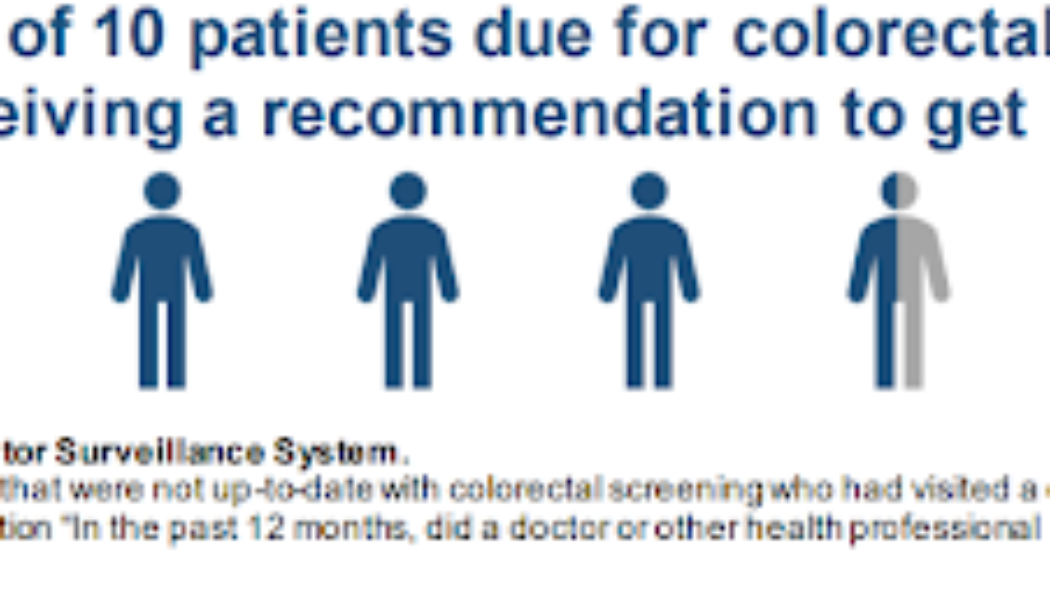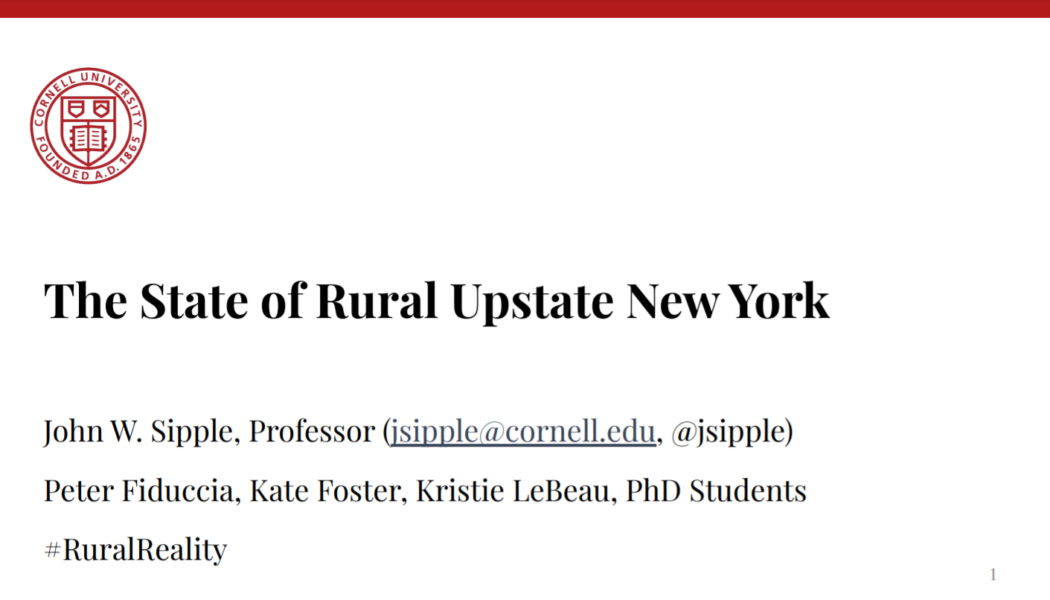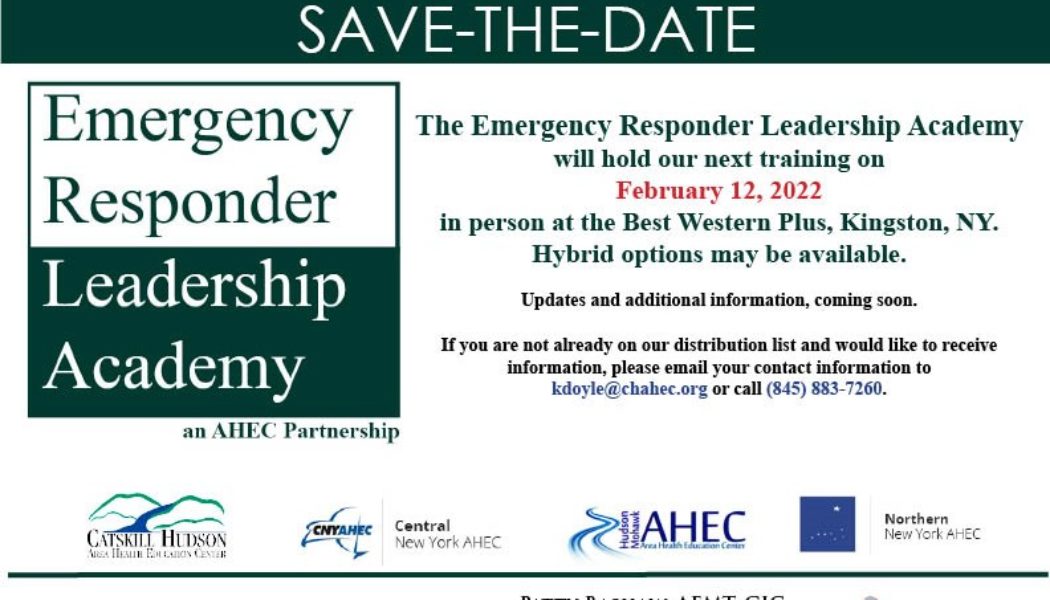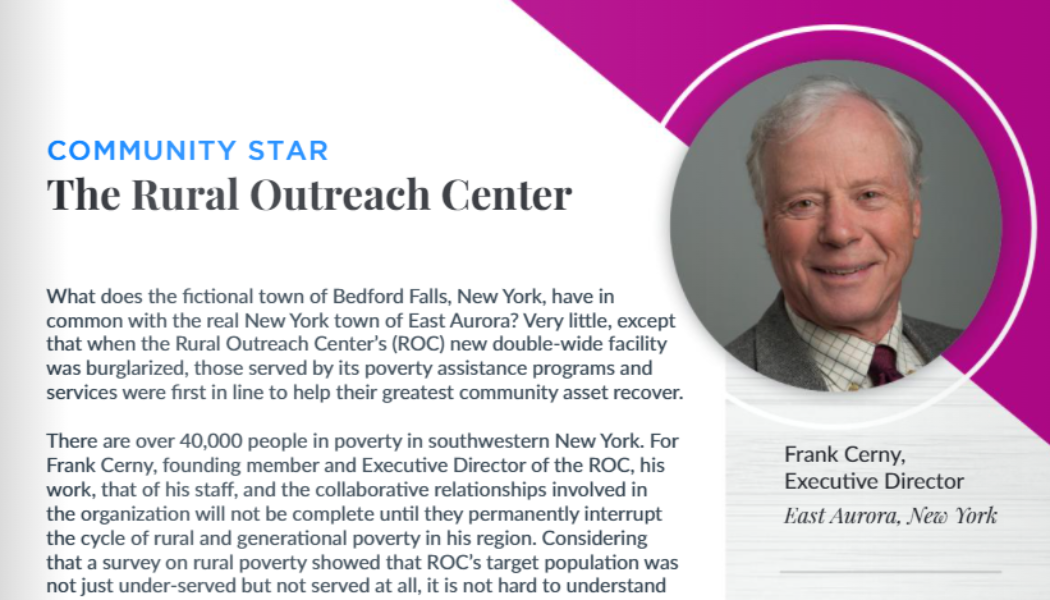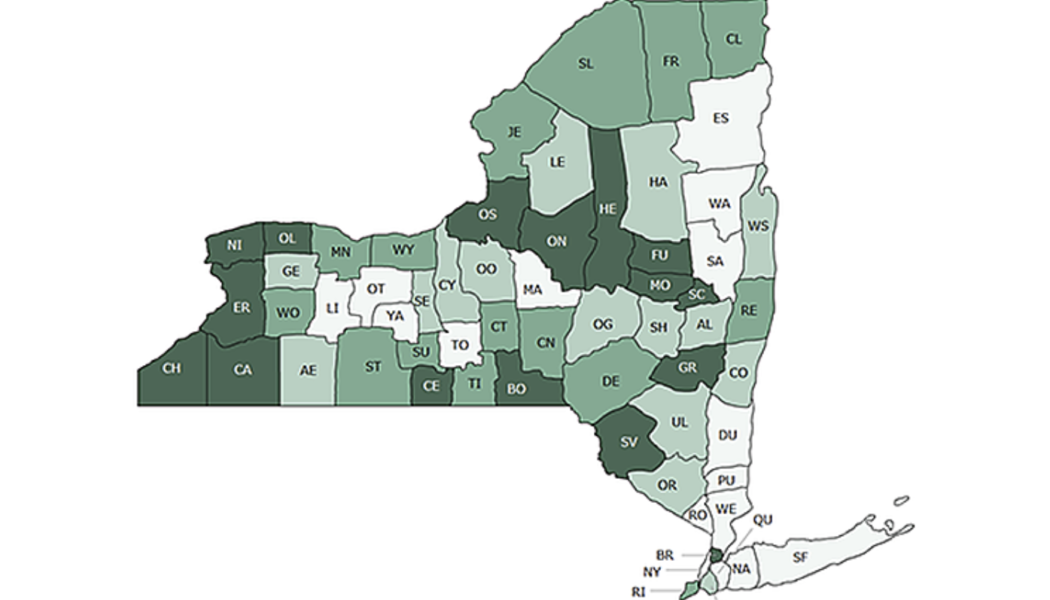Education
Seeking applicants for UC Berkeley’s Rural Health Innovation Program
Author: Elise Proulx, Director of Communications & Marketing (School of Public Health University of California, Berkeley) New Rural Health Innovation Program at UC Berkeley will launch the next generation of rural public health leaders 25 students per year will receive full two-year scholarships to pursue a Master of Public Health at UC Berkeley; inaugural deadline is August 13, 2023 Public health providers in rural areas face very different challenges than those in urban areas. Although these professionals have the best understanding of the health challenges facing their own communities—including ingrained issues with health care systems, policies, and funding models—they lack influence over the policies that affect those communities. Too few of these professionals are educated and e...
The Northern Border Region Technical Assistance Center (NBR-TAC) Webinar Series: Preparing for and Delivering Value-Based Care in Rural Communities
The Northern Border Region Technical Assistance Center (NBR-TAC) is pleased to present a four-part webinar series on the journey to Value-Based Care (VBC) for rural hospitals and primary care providers/facilities (FQHC’s/RHC’s) interested in learning more about operating in a value-based care environment. This webinar series will feature four (4) one-hour sessions from experts in rural health care, supporting the transition from a fee-for-service environment to a value-based approach to healthcare for the entire community. Webinar Topics and Dates: Session 1: Tuesday, April 4, 2023 Value-Based Care Is Here–Let’s Learn About It!: This session will provide an in-depth overview of the required competencies necessary for achieving success in a value-based environment Session 2: Tuesday...
Apply to a New York State Fellowship Program
New York State has several fellowship programs that provide opportunities in State government to eager and talented individuals from diverse backgrounds. Empire State Fellows: The Empire State Fellows Program is a full-time leadership training program that prepares the next generation of talented professionals for careers as New York State policymakers. The incoming class of Empire State Fellows will serve from September 2022 to September 2024, and receive an annual salary of $76,500, plus a generous benefits package. Applications are being accepted through April 4. Apply and learn more here. Excelsior Fellows: The Excelsior Service Fellowship Program is an initiative to bring highly talented recent graduates of law, graduate and professional schools into government service. Prospective fe...
The State of Rural Upstate New York
Cornell University Professor, John W. Sipple and PhD students Peter Fiduccia, Kate Foster, and Kristie LeBeau recently presented at the 2022 Rural Alliance Symposium. Their presentation focused on data for rural New York and covered the following topics: population change, education, housing, employment, internet access, and public health. View their slides here: The State of Rural New York-Cornell
The Impact of Food Insecurity on Rural Communities
By Ashley Paro, St. Lawrence University Food insecurity or a lack of availability to low-cost healthy foods is common in rural areas where distance to grocery stores is far and the quality of food may be lower. Convenience stores are often more prevalent in areas with lesser access to grocery stores. Many of these establishments have high amounts of cheaper ultra-processed foods which have been shown to be linked to heart diseases, obesity, postmenopausal breast cancer, depression and various cancers (Chen et al., 2020). Convenience stores have also been linked with higher diabetes rates in many rural counties regardless of income (Haynes-Maslow & Leone, 2017). Sometimes these diabetes rates can go unnoticed in areas where health care access is limited. Between 2005 and 2014, people wi...
2018 County Health Rankings
Summary of findings from University of Wisconsin Population Health Institute: After nearly a decade of improvement, there are early signs that the percentage of babies born at low birth weight may be on the rise (8.2% in 2016, a 2% increase from 2014). Low birth weight is a key measure of health and quality of life. Some places and groups of people have fewer social and economic opportunities, which also limit their ability to be healthy. More than 1 out of every 5 youth in the bottom performing counties do not graduate from high school in four years. For American Indian/Alaskan Native, Black, and Hispanic youth, it is 1 out of 4. Residential segregation provides a clear example of the link between race and place. Black residents have higher rates of child poverty, low birth weight, and in...



